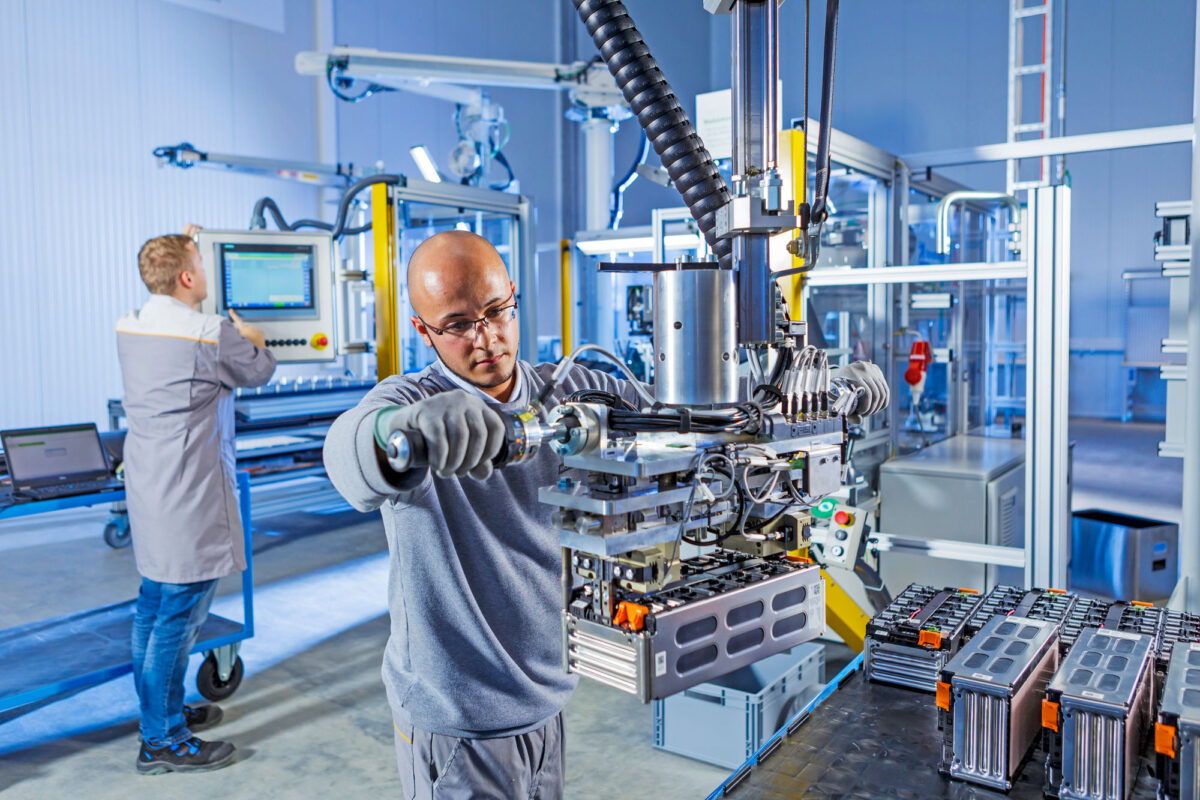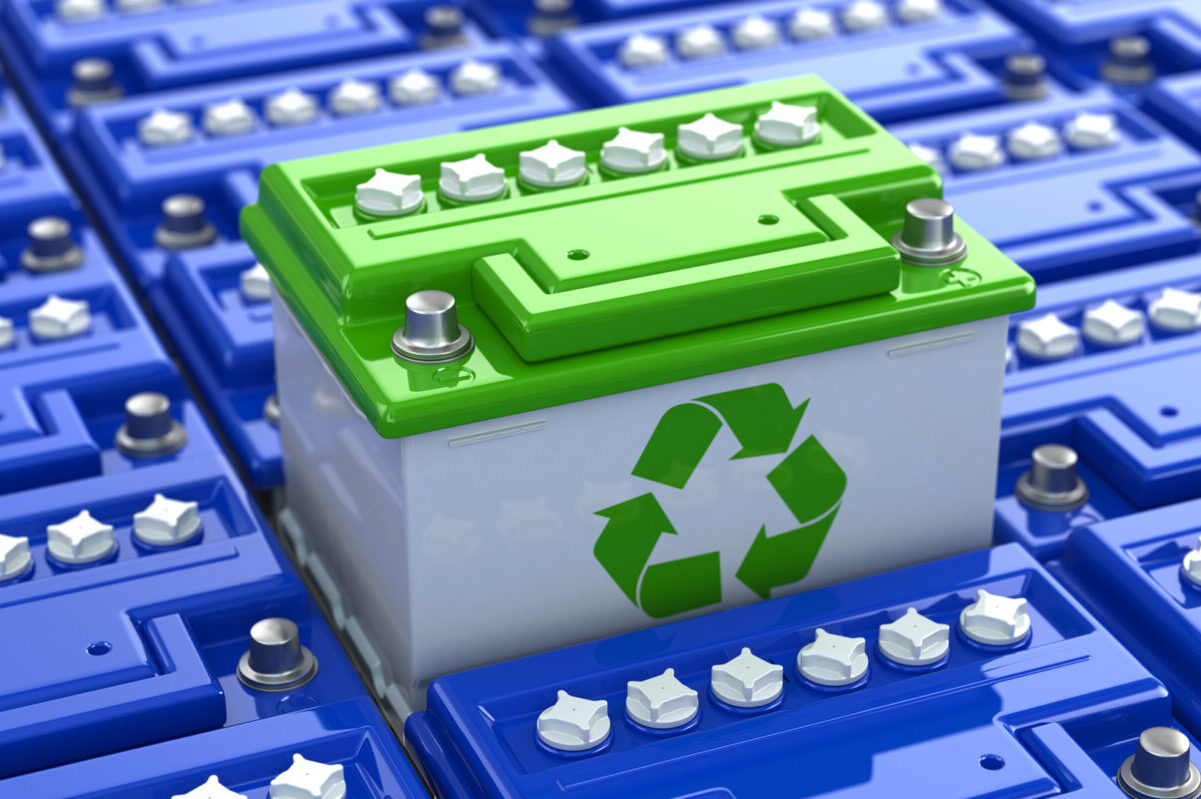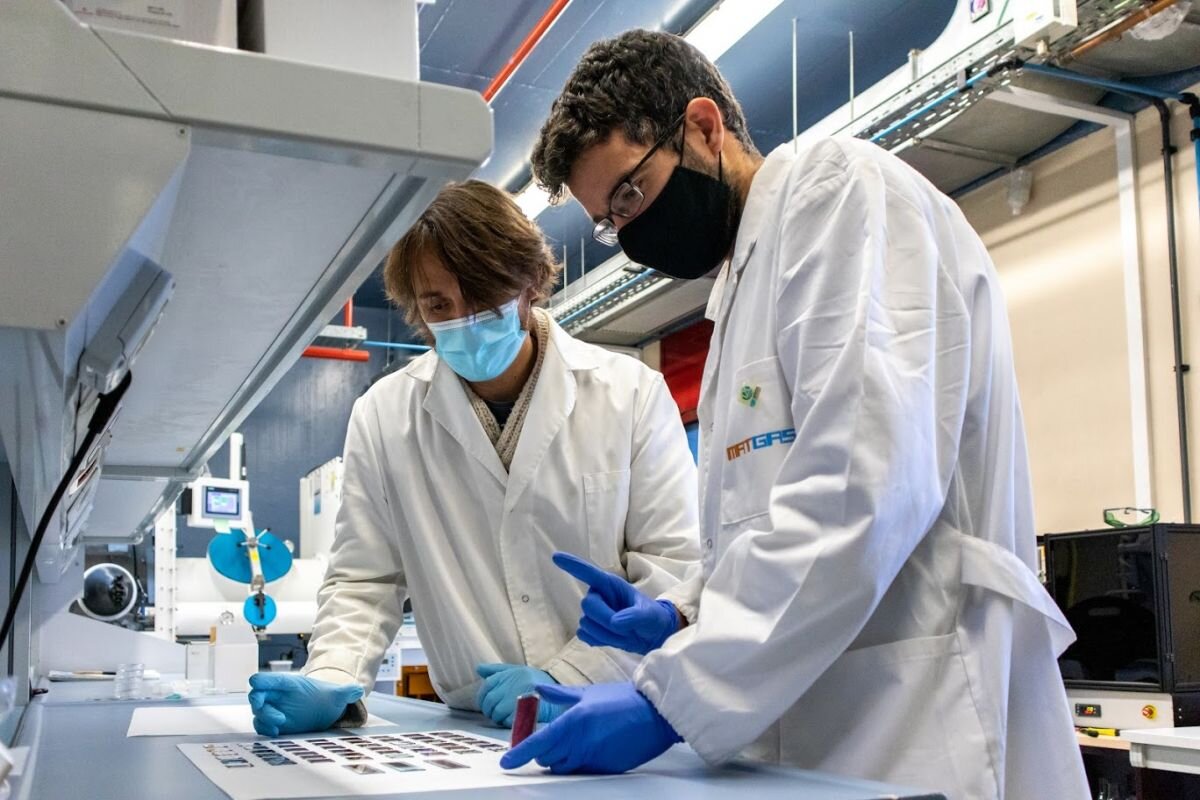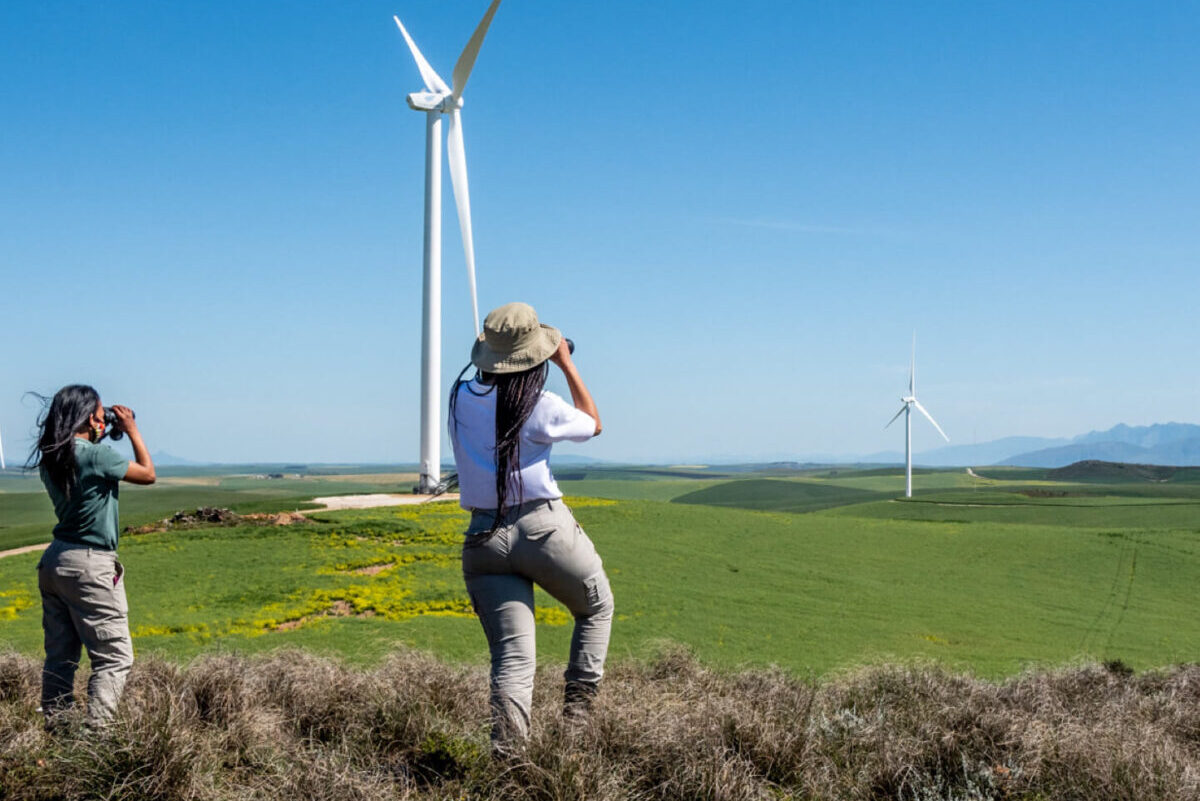The European Commission and Batteries European Partnership Association (BEPA) have signed an MOU to signify the launch of BATT4EU. This is a co-programmed partnership with Horizon Europe that brings a breakthrough in achieving a more sustainable and competitive EU industrial battery value chain.
About BATT4EU
BATT4EU is a co-programmed public-private partnership that seeks to develop a European research and innovation system for batteries with mobile and stationary uses. The project aims to develop a top-notch innovation ecosystem for batteries in Europe by 2030. It is inspired by the need for an organized effort for research, industry, and the public sector to offer solutions to develop the ecosystem and allow predictability for the European battery stakeholders.
According to the chair of BEPA, Michael Lippert, BEPA has more than 165 members and is prove that Europe has the interest and expertise to create a competitive and sustainable battery value chain. Lippert has said that the BATT4EU project will enable the European battery community to work together to prepare Europe to produce the next-generation battery technologies by 2030.
The Director for Clean Planet for DG RTD, Rosalinde van der Vlies, also said that the BATT4EU partnership directly contributes to the European Green Deal goals. Rosalinde said that the partnership will allow the adoption of stationary and e-mobility electrical energy storage and create jobs and economic growth in a circular economy.

About Batteries European Partnership Association
BEPA is a private partnership association that was launched in December 2020. This association has more than 165 members that represent the various sectors of the battery value chain in Europe. Battery stakeholders in Europe are invited to work along with BEPA to create a sustainable, circular, and competitive European battery value chain.
The partnership has €925 million, which they intend to expand their innovative capacities and improve research to develop unique technologies.
Putting Environmental Sustainability at the Center of Europe’s Battery Production
Battery manufacturing will help the EU attain its goal of achieving climate neutrality by 2050. Batteries can ensure a clean energy transition, decarbonize transport, and contribute to renewable energy sources.
Although there is a growing need for batteries in the world, they are mostly manufactured in Europe. 90% of the world’s lithium-ion battery cells are manufactured in Asia while less than 1% are manufactured in Europe.
In order to address the issues of the green energy transition, Europe needs to focus on environmental circularity and sustainability during its battery production.










